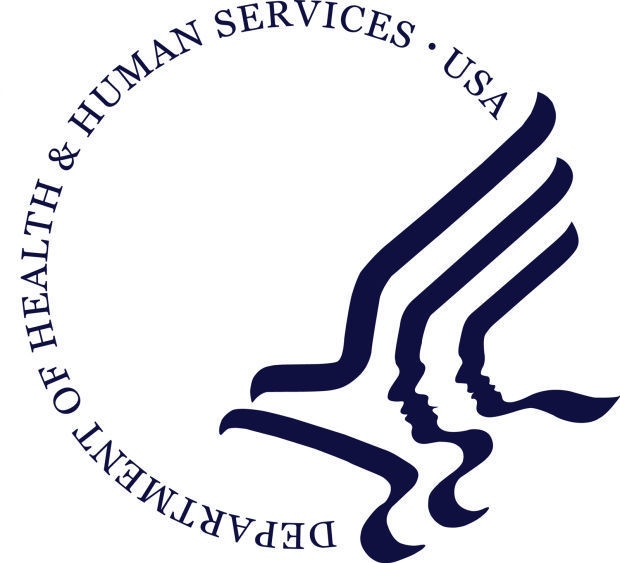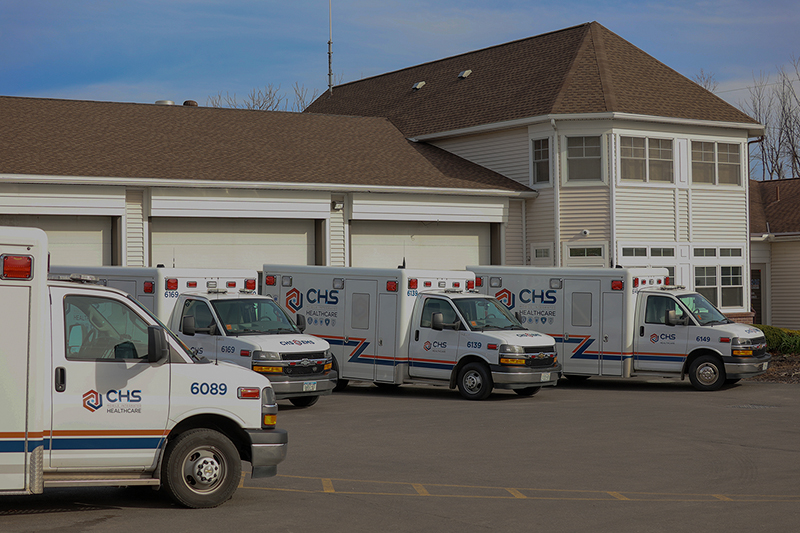Billing & Insurance
Billing FAQs
Why am I being billed for EMS (ambulance) transport service? Isn’t the service free?
What does CHS Healthcare do with these funds?
Each year, our emergency call volume increases—and the cost of delivering critical emergency services increases as well. These costs include
- Personnel costs – salary, benefits, uniforms
- Fleet costs – fuel, maintenance
- Medical equipment – cardiac monitors, medications, gurney, supplies
- Facilities
- Training
In order to partially recoup costs and help ease the burden on taxpayers and property owners, we bill insurance carriers. The demand for, and cost associated with, providing this essential service will continue to rise as CHS and the regional population continues to grow.
We also allocate a portion of our income back to the community by offering training, educational programs, a loan closet and other benefits at no cost to permanent residents.
If an ambulance responds from another town and provides EMS transport, what billing policy applies?
CHS has mutual aid agreements with all surrounding jurisdictions. In those instances when an ambulance responds into another town and transports a patient to the hospital, the billing policy of the transporting ambulance applies. CHS policies cannot vary due to the policies of another jurisdiction.
In addition, Federal Medicare/Medicaid requirements stipulate that CHS cannot bill for patient transports on a selective basis. All patients that are transported must be billed for service. CHS will seek cost recovery when it responds outside of our normal response area.
What if I can’t afford an ambulance? Should I still call 911?
I received a letter in the mail stating you need my signature. What should I do?
I received a payment check in the mail. What should I do?
CHS Mobile Integrated Health Care
280 Calkins Road
Rochester, NY 14623
Failure to do so constitutes insurance fraud and will result in follow-up by CHS and potential legal and/or criminal consequences.
Can you answer questions about my hospital bills?
CHS Healthcare is not affiliated with any hospital. We do not have access to your hospital records including any bills you may have. Please direct your questions to the hospital itself and/or your insurance company.
Private Insurance
After transporting a patient to the hospital, CHS Healthcare will submit a statement to any private medical and/or auto insurance you may have to help cover the cost for ambulance services. The amount your insurance will cover varies from plan to plan. There is often a co-pay associated with ambulance transport.
For specific details on your private insurance plan, contact your insurance company directly.
Medicare & Medicaid
In general, Medicare & Medicaid will cover medically necessary ambulance transportation to the nearest appropriate medical facility. Emergency ambulance transportation may qualify for Medicare coverage if the transport is a result of a sudden onset of a medical condition or traumatic injury manifesting itself by acute symptoms of sufficient severity such that the absence of immediate medical attention could reasonably be expected to result in placing the patient’s health in serious jeopardy, impairment to bodily function, or serious dysfunction to any bodily organ or part.
Note: Medicare requires that ambulance transportation be medically necessary and reasonable.

Please note:
- If you choose to be transported to a specific facility, Medicare’s payment will be based on the payment rate to the closest appropriate facility. The patient must pay for the balance of the trip.
- If no local facilities are able to give you the care you need, Medicare will help pay for transportation to the nearest appropriate facility outside of your local area.
- Medicare won’t pay transportation from one facility to another so you can be closer to your home or family.
- If Medicare doesn’t cover your ambulance trip and you think it should have been covered, you have a right to appeal. Review your Medicare Summary Notice (MSN) to find out what appeal steps you can take.
- If you are in a Medicare Advantage Plan (like an HMO or PPO) or other Medicare health plan, what you pay and the rules for ambulance coverage maybe different. Read your plan materials or call your benefits administrator for more information.
Question: I was recently transported by ambulance and Medicare denied my bill for medical necessity. Why did they deny payment and what are my rights?
Answer: The Medicare program will only pay for ambulance services that it deems are medically necessary. In all cases, other means of transportation must be contraindicated due to the patient’s condition, regardless of whether other means of transportation are available. The patient’s condition must be acute and such that transport by other means would endanger the patient’s life, limb or bodily organs.
A patient has the right to appeal Medicare’s decision. In the event that a patient’s bill is rejected, they can file an appeal for reconsideration. Simply obtain all of the information in regards to the service provided (i.e. ambulance records, emergency room records, physician notes, discharge orders, etc.) and mail them to the Medicare carrier requesting an appeal.

